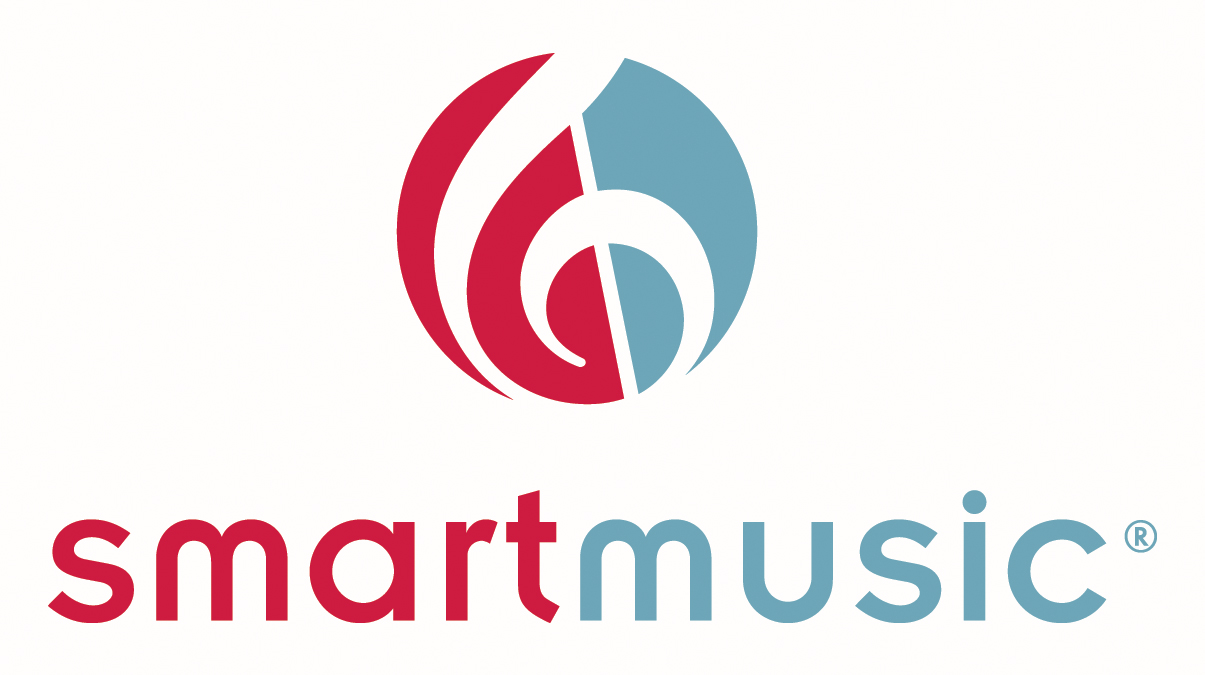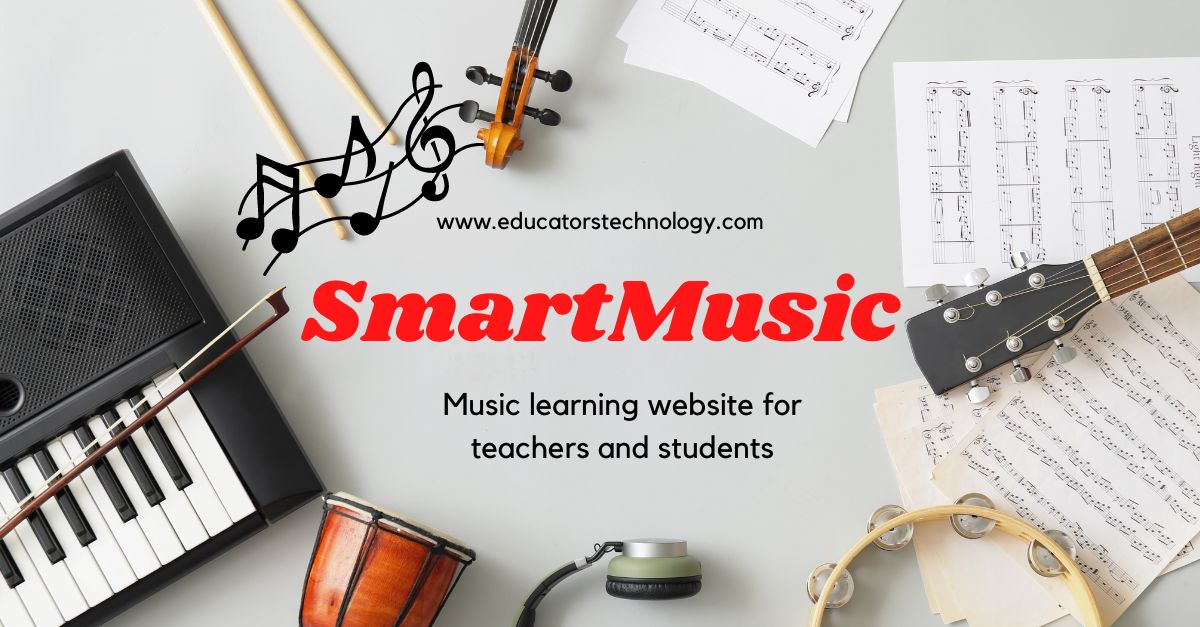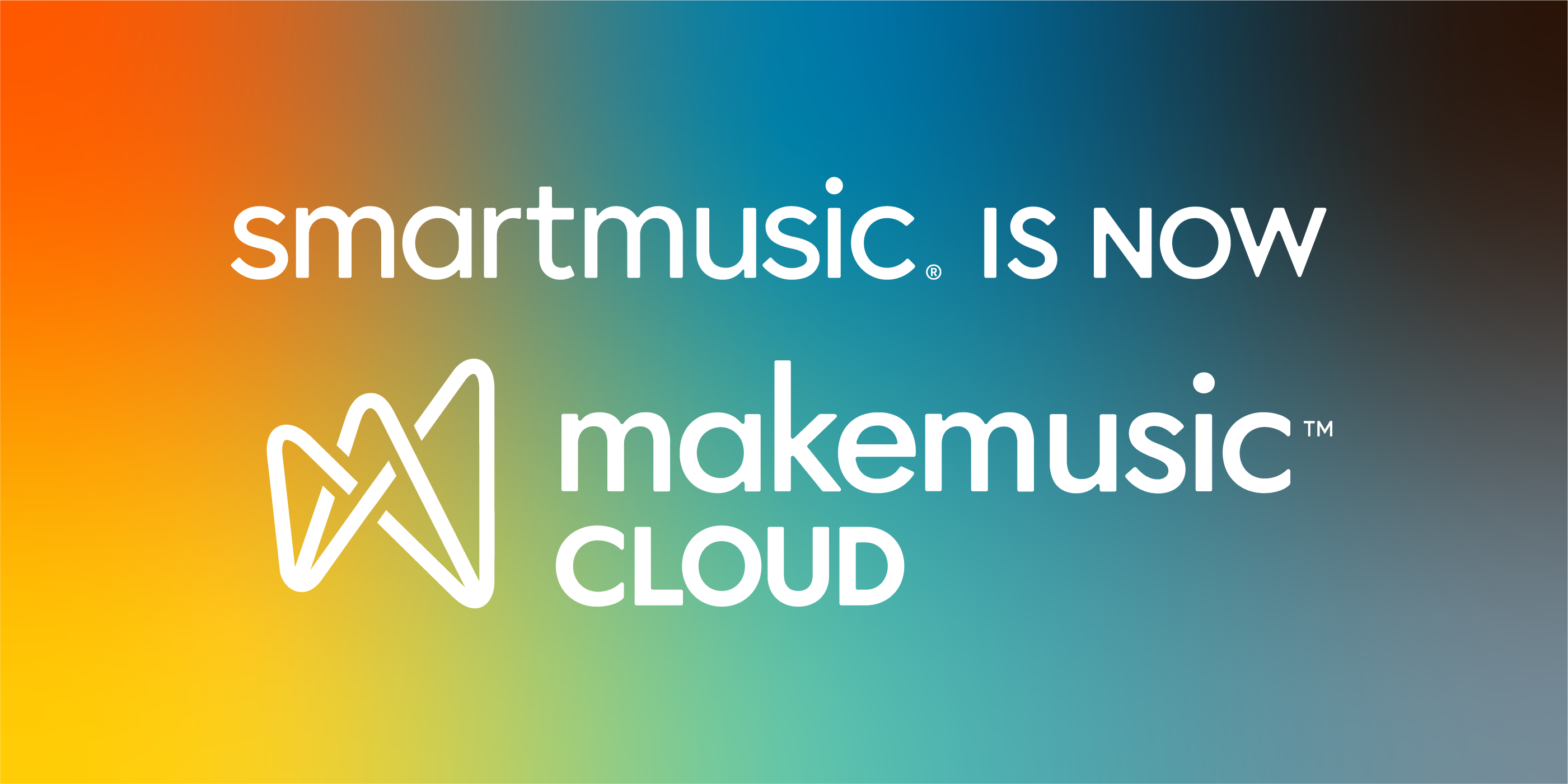Revolutionizing Music: Smart Music—The Future Of Sound
The music industry has undergone significant transformations over the years, from the rise of vinyl records to the current streaming era. However, with the advent of smart music, a new wave of innovation is set to change the game forever. Smart music refers to the integration of technology and music, creating a new generation of sound that is more immersive, interactive, and personalized than ever before. In this article, we will explore the concept of smart music, its current state, and the exciting possibilities it holds for the future.
Smart music is not just about technology; it's about creating a new language of sound that combines music, art, and technology. It's about creating an experience that engages the listener on a deeper level, using a combination of traditional music, virtual reality, and artificial intelligence. This new language of sound is not limited to a specific genre or style, but rather it's a fusion of different elements that come together to create something entirely new and unique.
The current state of smart music is already showing promising results. There are numerous startups and companies that are working on developing smart music platforms, apps, and devices that can create personalized music experiences for users. These platforms use machine learning algorithms, natural language processing, and other advanced technologies to analyze user behavior, preferences, and emotions, and create music that is tailored to their individual needs.
Some of the most exciting developments in smart music include the use of artificial intelligence, virtual reality, and augmented reality. These technologies are being used to create immersive music experiences that are not just limited to traditional listening. For example, music streaming services are now using virtual reality to transport users to new and exotic locations, while music festivals are using augmented reality to create interactive and immersive experiences.
Another exciting development in smart music is the use of wearable technology. Wearable devices, such as smartwatches and headphones, are being used to track user behavior, such as heart rate, sleep patterns, and physical activity. This data is then used to create personalized music experiences that are tailored to the user's individual needs.
The Benefits of Smart Music
So, what are the benefits of smart music? There are several advantages to this new language of sound, including:
- Personalization: Smart music platforms can create personalized music experiences that are tailored to the user's individual needs and preferences.
- Immersion: Smart music can create immersive music experiences that transport users to new and exotic locations, using virtual and augmented reality.
- Interaction: Smart music can be interactive, allowing users to influence the music and create their own unique experiences.
- Accessibility: Smart music can make music more accessible to people with disabilities, using technologies such as audio descriptions and visual alerts.
The Future of Smart Music
The future of smart music is bright, with numerous developments and innovations on the horizon. Some of the most exciting developments include:
- The use of machine learning algorithms to create personalized music recommendations.
- The integration of virtual and augmented reality to create immersive music experiences.
- The use of wearable technology to track user behavior and create personalized music experiences.
- The development of smart music platforms and apps that can be accessed on a wide range of devices.
Emerging Trends in Smart Music
There are several emerging trends in smart music that are worth noting. Some of these trends include:
- The use of blockchain technology to create secure and transparent music transactions.
- The development of smart music platforms that can be used to create and distribute original music.
- The use of artificial intelligence to create personalized music recommendations.
- The integration of virtual and augmented reality to create immersive music experiences.
The Role of Artificial Intelligence in Smart Music
Artificial intelligence is playing a significant role in the development of smart music. AI algorithms are being used to create personalized music recommendations, analyze user behavior, and create music that is tailored to individual needs. AI-powered music streaming services are also being developed, which use machine learning algorithms to analyze user behavior and create playlists that are tailored to individual tastes.
The Future of Music Production
The future of music production is also being influenced by smart music. With the use of AI-powered music production software, musicians can create music that is tailored to specific genres, moods, and emotions. AI-powered music production tools are also being used to create music that is more personalized and interactive, using virtual and augmented reality.
The Impact on Traditional Music Industry
The rise of smart music is also having an impact on the traditional music industry. With the rise of streaming services and smart music platforms, musicians are now able to reach a wider audience and create music that is more personalized and interactive. However, this is also leading to changes in the way music is consumed and distributed, with traditional music industry models being disrupted by new technologies and business models.
Smart Music and Accessibility
Smart music is also having a significant impact on accessibility. With the use of wearable technology and virtual and augmented reality, people with disabilities are now able to experience music in new and innovative ways. Smart music platforms are also being developed to make music more accessible to people with disabilities, using technologies such as audio descriptions and visual alerts.
The Role of Wearable Technology in Smart Music
Wearable technology is playing a significant role in the development of smart music. Wearable devices, such as smartwatches and headphones, are being used to track user behavior, such as heart rate, sleep patterns, and physical activity. This data is then used to create personalized music experiences that are tailored to the user's individual needs.
The Impact on Music Education
The rise of smart music is also having an impact on music education. With the use of AI-powered music production software and virtual and augmented reality, music students are now able to create music that is more personalized and interactive. This is also leading to changes in the way music is taught and learned, with a greater emphasis on creativity and self-expression.
The Future of Music Therapy
The future of music
Google Places Rank Tracking
Kate
Sophie Raiin
Article Recommendations
- Janice Nichole Rivera
- Katiana Kay Age
- Cinemas 2021
- Katy Newcombe
- Ella Purnell
- Joe Rogan Wife
- Nfl Retro Bowl 25
- Sondra Blust Fans
- Matt Mccusker
- Ali Macgraw



